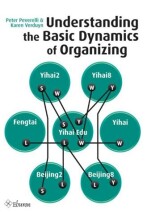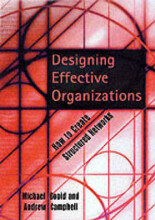Theoretical frameworks of HRM
9 important questions on Theoretical frameworks of HRM
6 Explain the theoritical framework: human capital theory?
7 Explain the theoritical framework: life cycle theory?
8 Explain the theoritical framework: Role behavior theory?
- Higher grades + faster learning
- Never study anything twice
- 100% sure, 100% understanding
9 Explain the theoritical framework: Organizational change theory?
10 Explain the theoritical framework: Transaction cost theory?
11 Explain the theoritical framework: Strategic contingency theory?
12 Explain the theoritical framework: Organizational learning theory?
13 Explain the theoritical framework: Information processing perspective?
Name six other theoritical framework's that aren't in Schulers article, but are important?
2 Psychological contract (unwritten agreement between superiors and subordinates)
3 Diversity framework (incl. age, sex, gender, nationality, religion, educations, ethnicity)
4 Social network (relationship between individuals, groups, organisation.
5 Multicultural Model (monolithic, pluralism, multicultural)
6 Information processing perspective (org. are created to facilitate flow of information for effective decision-mkaing)
The question on the page originate from the summary of the following study material:
- A unique study and practice tool
- Never study anything twice again
- Get the grades you hope for
- 100% sure, 100% understanding





























